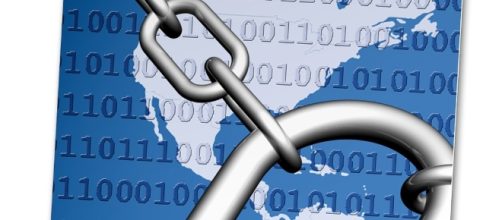The status of the US Cyber Command was elevated last week to a Unified Combatant Command. Through a presidential statement, the Administration announced that from now on it will have equal prerogatives with organizations that are responsible for military operations in different regions of the World. This also means that this command will separate from the National Security Agency, with which it shared all its activities since its inception in 2009 as a sub-unit of the US Strategic Command, and was headed at the same time by Adm. Mike Rogers, current head of the NSA.
The decision on who will head the Cyber Command is yet to be taken.
International cyber threats to be treated more seriously
The decision on the new status for the Cyber Command was long in the making and was deliberated during the Obama Administration, which initiated the formation of the command in the first place. The initial cyber threats, particularly from the Islamic terrorist organizations, have been recently compounded by more and more dangerous occurrences like the global cyber attack in May of 2017 and a series of cyberattacks that point the finger at North Korea. The Presidential statement says that a separate cyber command will "strengthen our Cyber Operations" and that it demonstrates increased American "resolve against cyberspace threats." The creation of a separate cyber command is to be bolstered by the Administration budget request of $647 million for its operations in the 2018 fiscal year.
By that time, the 133 teams of the Cyber Command will have 6,200 personnel.
One of the reasons the decision was long in the making was its separation from the NSA. It was thought that there could be a clash between goals of the two organizations. NSA's primary duty is monitoring and collecting all information and intelligence data from around the world, which does not have to necessarily coincide with military operations against enemy forces, including those in the cybersphere. It is not yet clear whether, and if so when, the new agency will be able to fully operate on its own since at the moment it shares its personnel and technical assets with NSA and how this separation will be carried out.
Another decision yet to be taken is who will head the new Cyber Command. While there are indications that defense secretary Mattis will nominate Adm. Rogers to the post, effectively removing him from heading the NSA, other unidentified sources mention the name of Army Lt. Gen. William Mayville, the current director of the military's joint staff.
Internal debates on cyber warfare
There have been longstanding debates within the Administration as to the scale and scope of US cyber operations. The American operations in cyberspace so far have been conducted away from the public eye. The formation of a separate Cyber Command is possibly a show of determination to incorporate cyber with other warfighting operations.
Also, there have been conflicting opinions between the military and the intelligence community concerning the use of cyber warfare and the level of its aggressiveness, particularly towards the Islamic State's cyber operations. In any case, the scope and level of the operation of the newly separated US Cyber Command are yet to be developed.


